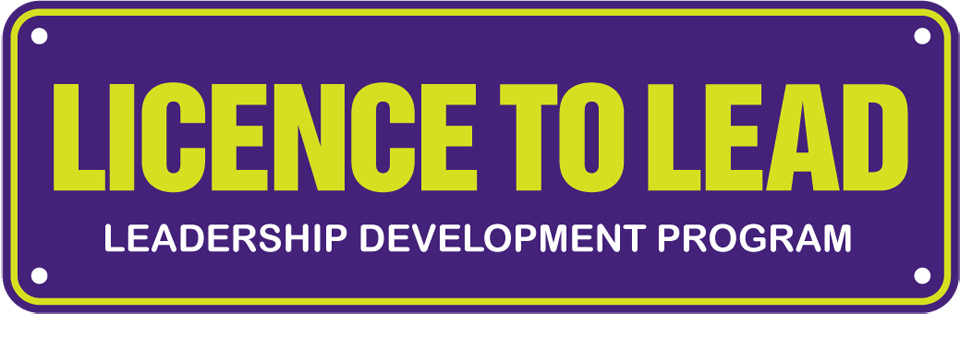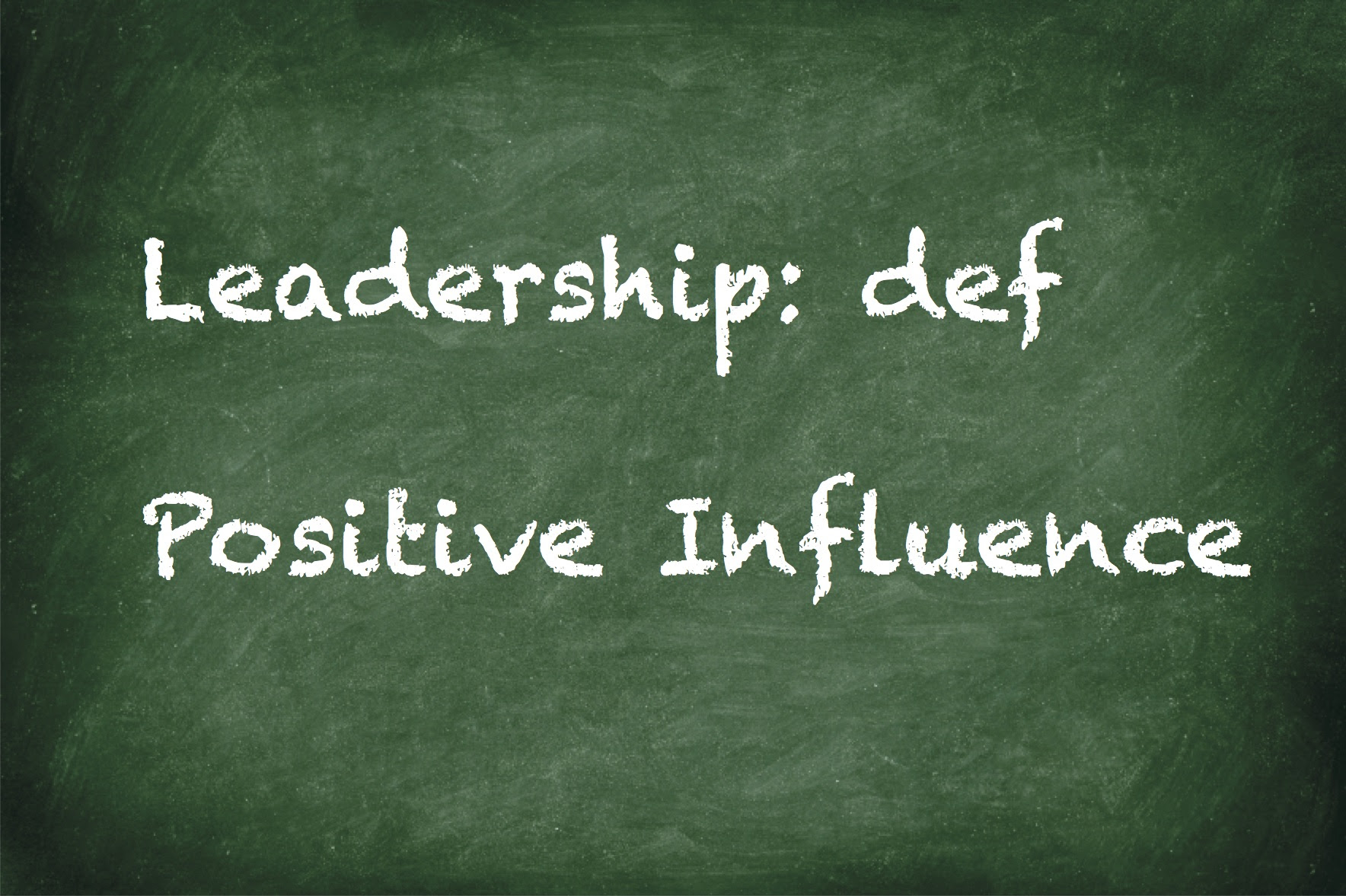LEADERS H. E. L. P. OTHERS
 Tuesday, April 19, 2016 at 12:32PM
Tuesday, April 19, 2016 at 12:32PM 
Put really simply , the difference between leaders and non leaders is that leaders HELP others.
HONOUR - leaders honour others. They respect them. They treat them as humans, not as ways of getting things done. They recognise diversity and difference.
ENGAGE - leaders are about others. They try to understand what motivates people. Instead of telling people what to do they start by telling them why.
LISTEN - leaders take time to listen, truly listen, not just hear. Listening to others is one of the most powerful ways of showing respect and engaging others.
PROMOTE - leaders care for their people. They support and actively encourage them to be more than they could otherwise.
What are you doing to H.E.L.P your people?
CAN YOU H.E.L.P ME?
I am exploring the concept of 'Leaders H.E.L.P' others and I want to invite you to participate. Send me as many leadership words as you can start with H, E, L or P. Either email me (greg@licencetolead.com.au or go to Facebook - see the link to the right).
H words - eg, honesty, hustle, heighten
E words - eg empower, enthusiasm, encourage.
L words - eg, love, lift, leverage.
P words - eg, passion, productive, protect.




